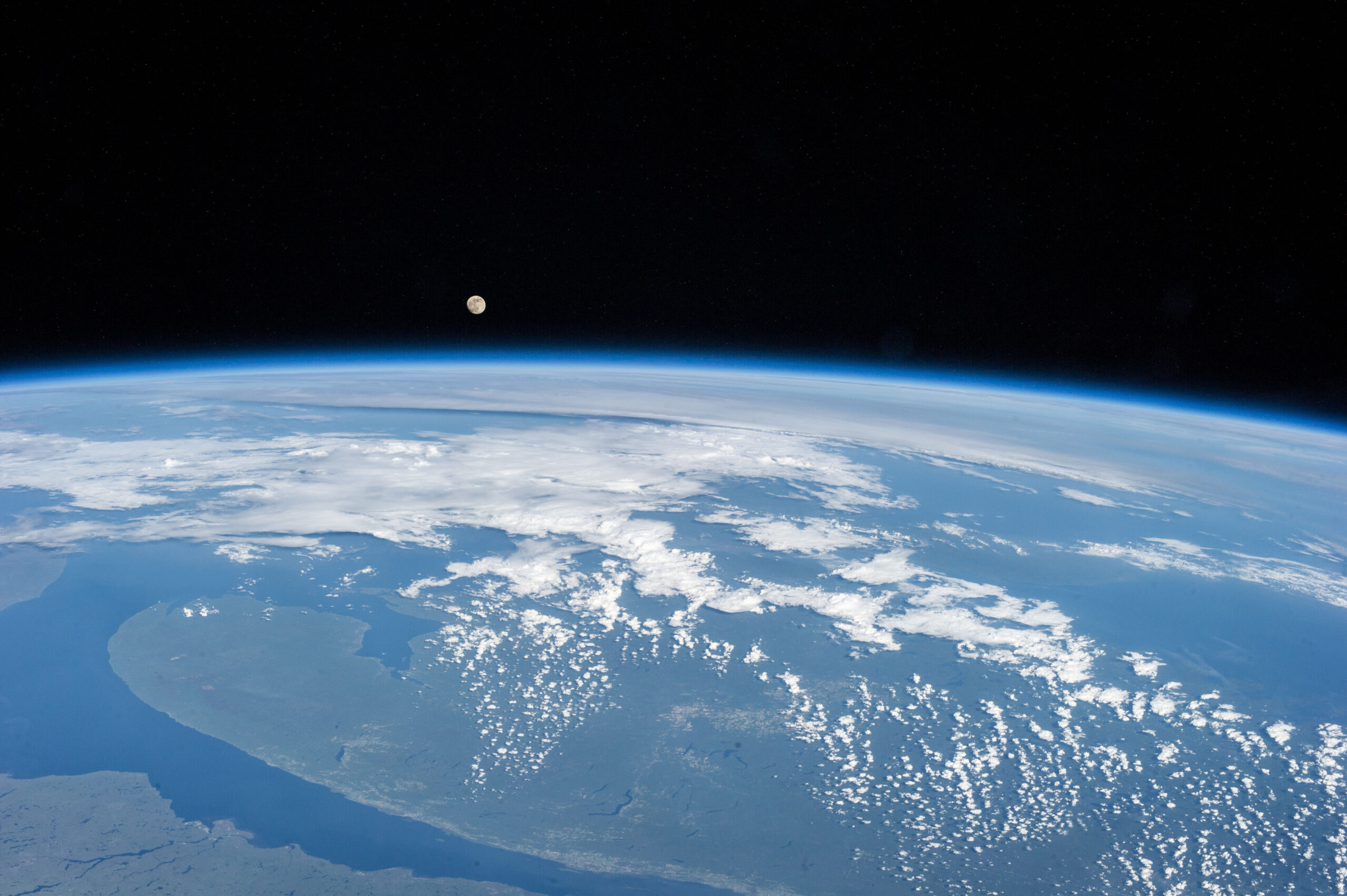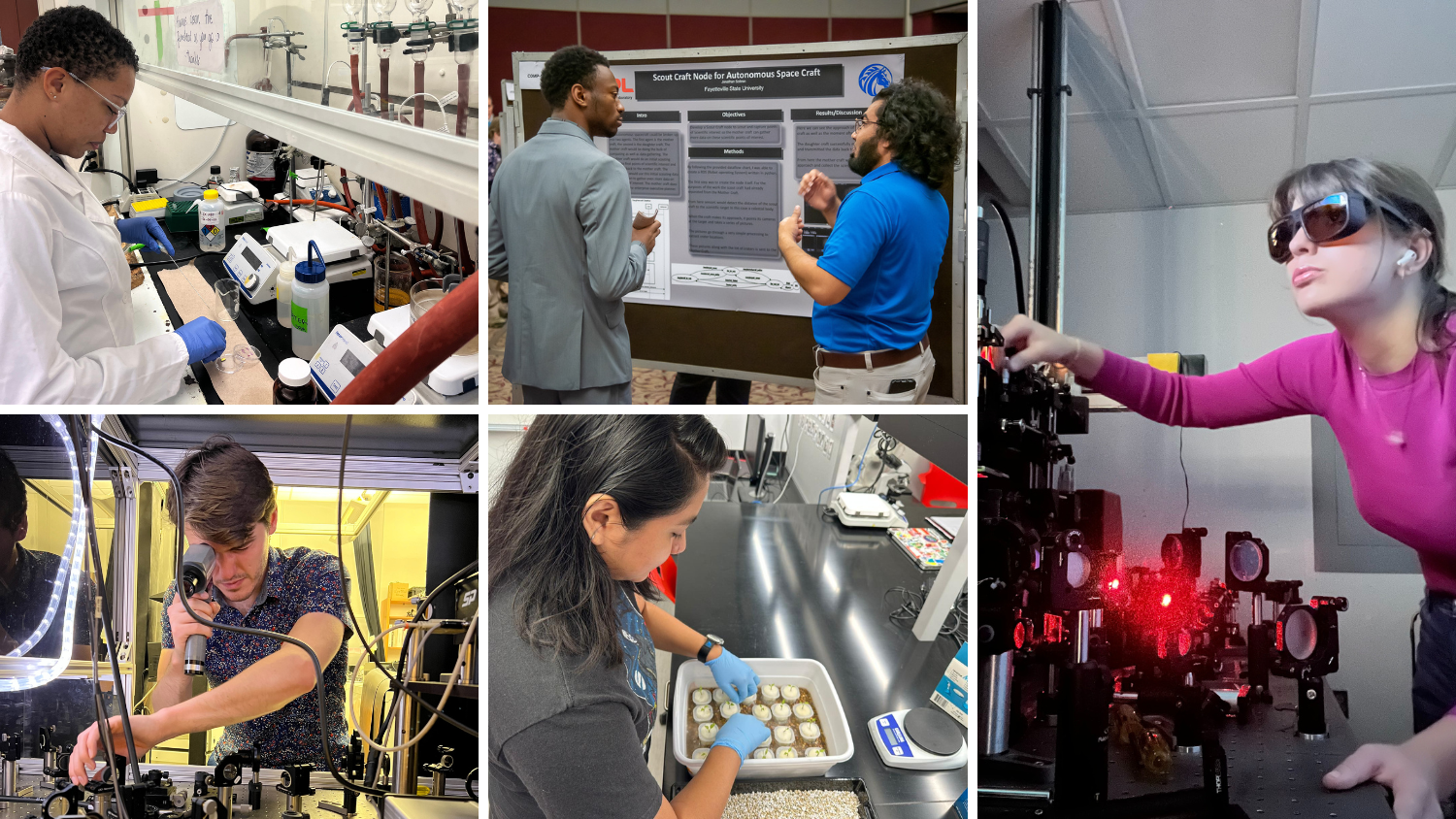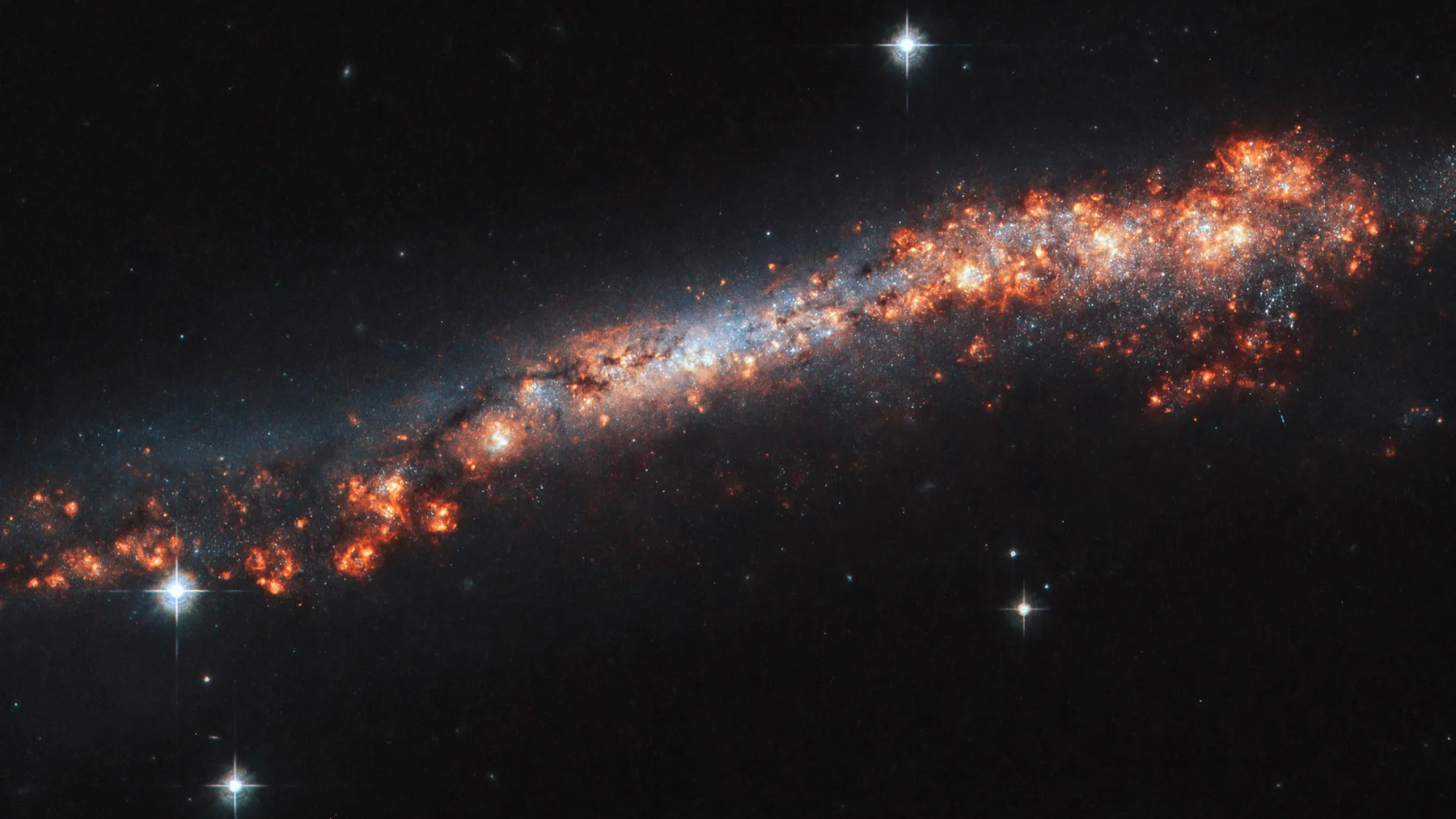What is Open Science? Students are Invited to Find Out at NASA-led Open Science Workshop
North Carolina Space Grant invites students to register for the North Carolina Space Symposium and attend an open science workshop. The NC Space Symposium is on March 22, 2024, at the McKimmon Center on NC State University’s campus in Raleigh, NC.

Last year, the United States federal government declared 2023 as the Year of Open Science, which prioritized the advancement of national open science policy, publicly accessible research, discovery, innovation, public trust, and equity.
As a research-oriented and STEM organization, North Carolina Space Grant creates opportunities for students to learn more about this concept, including a student workshop at the upcoming NC Space Symposium. But, what exactly is meant by open science and why do open science?
What is open science?
According to the U.S. government, “open science is the principle and practice of making research products and processes available to all, while respecting diverse cultures, maintaining security and privacy, and fostering collaborations, reproducibility, and equity.”
In short, it’s sharing research and resources to boost research impact, accelerate discoveries, and more accurately produce findings all while collaborating with communities and promoting an inclusive and diverse environment.
“Open science is the future, it’s where we’re headed, and it’s what we should be doing,” said Cynthia Hall, support scientist for NASA’s Early Career Research Program within the Earth Sciences Division.
With the declaration of 2023 being the Year of Open Science, agencies across the government are implementing open science policies and transitioning to more accessible and inclusive research practices.
In particular, it established NASA‘s Open-Source Science Initiative Transform to Open Science (TOPS) Program. TOPS works to transform agencies, organizations, and communities to an inclusive culture by developing infrastructure and training researchers in open science. The main component is an open science curriculum that meets learners where they are in their journey as it is for both beginners, students, and established researchers.
Students attending the workshop will start NASA’s Open Science 101 curriculum as the workshop will address the first of five module’s content, Ethos of Open Science. After completing the workshop, participants are encouraged to complete an additional four modules designed to equip researchers, students and citizen scientists with the knowledge and skills to navigate the principles and practices of open science, including developing an open science and data management plan. Once complete, learners will receive NASA’s TOPS badge.

Why open science?
Experts cite many reasons why the nation is transitioning to open science.
“Open science is all about diversity, equity, inclusion, accessibility,” said Elizabeth Joyner, community coordinator at NASA’s Earth Science Data Systems Communications Program, Science Systems and Applications, Inc. “It enables everyone to have a seat at the table and participate in science.”
Open science also increases transparency and produces accurate research at a quicker pace. Researchers can validate others’ research through reproducibility. In today’s world, many multifaceted challenges exist for researchers. Open science practices work to reduce challenges and accelerate groundbreaking discoveries needed in the 21st Century.
Open Science for Applied Research
Nathan Morrow, associate professor in international health and sustainable development at Tulane University, explains that the open science concept is a great way to foster collaboration and engage with communities to support applied research.
“Open science is really important for those students who want to make a difference with their science,” he adds.
He conducts disaster, coastal resilience, food security, and environmental justice research and collaborates with community-based researchers and partners to support his research and create impact.
Open Science and Misinformation
Open science also has the potential to fight misinformation. The concept is crucial for advancing knowledge dissemination to reduce misinformation. By increasing transparency and making knowledge available to all, researchers can start to curb this phenomenon.
“Historically, valid science has always been behind a paywall, all while misinformation is running rampant in communities.” Morrow said. “Why is science so hard to get when misinformation is easy to get? Students are quite excited about the open science concept because of this.”
Cutting-Edge Skills
Students interested in learning the potential of open science should attend the workshop. They’ll learn about the current landscape, benefits, and challenges of open science.
“Open science is going to open doors and open methodology and ways of doing things that are going to make students better scientists and researchers,” says Hall.
Any student who desires to enhance their skills and wishes to possess cutting edge research practices should strongly consider attending, she adds.
Open science also allows researchers to more effectively showcase their skills and work.
“Students who practice open science capture what they’re working in an open way that is shareable and which can be used as evidence of work experience to include in resumes and portfolios,” said Joyner. “This is helpful for applying to graduate school or jobs.”
Hall also notes that many federal funding sources, including NASA’s, will require proposers to implement or consider open science practices moving forward.
More about the workshop
“This is an active workshop,” says Joyner. “Participants will be required to talk with neighbors and share ideas. They will conduct discussions, brainstorm, and analyze use cases.”
It is recommended participants bring either a laptop, phone, or tablet to enroll in the TOPS curriculum. Students may do so before the workshop, as well.
Space is limited to 50 seats for this workshop, and seats are first-come, first-served.
Update March 13: The workshop is now full, but students can still begin their open science journey with NASA TOPS Open Science 101 curriculum. General registration is still open until March 15.
☽
- Categories:


